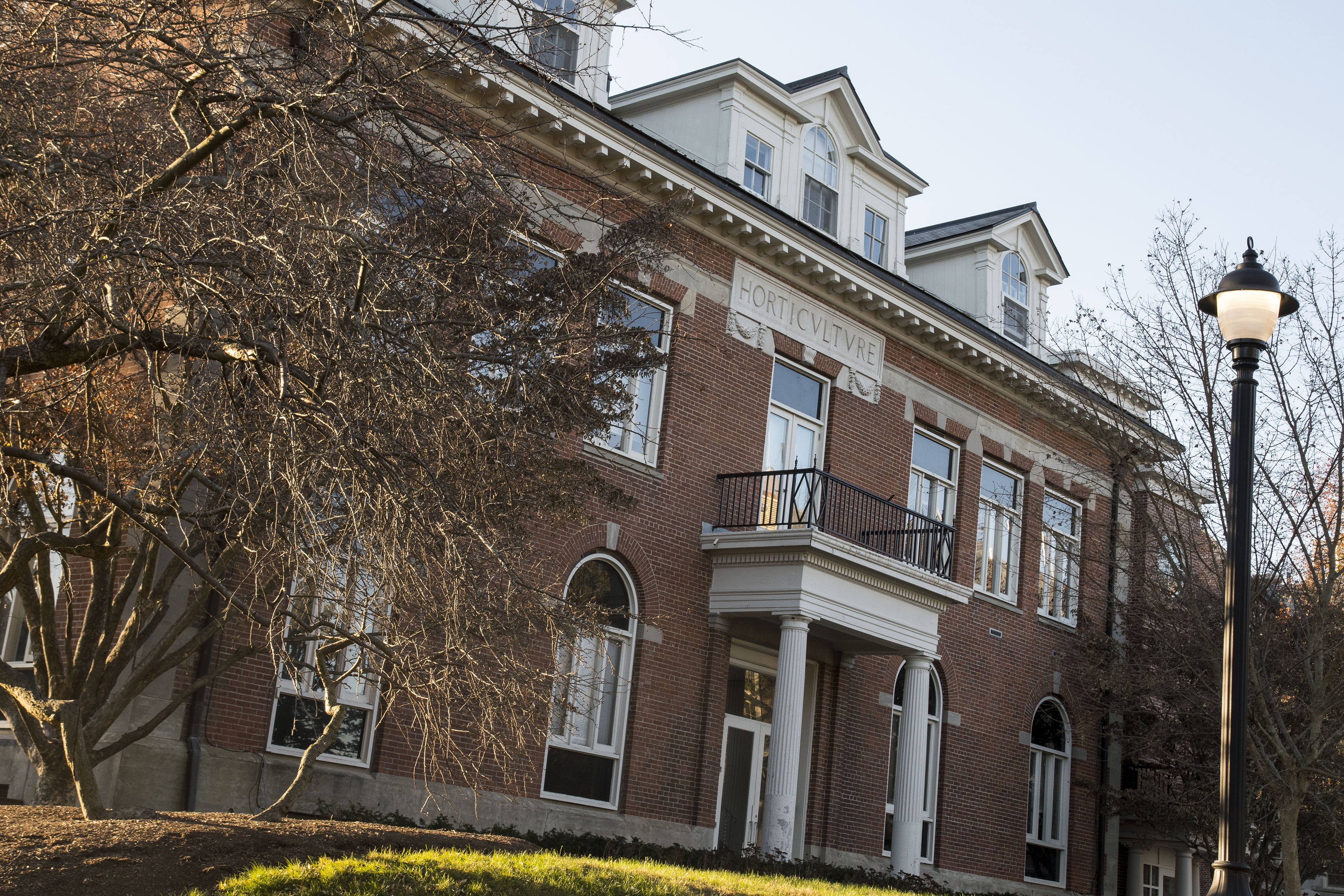
Craig H. Kennedy, dean of the College of Education at the University of Georgia, has been selected as the next provost and executive vice president for academic affairs of the University of Connecticut, UConn President Susan Herbst announced Wednesday.
Kennedy, who also spent 15 years as a professor and administrator at Vanderbilt University before going to Georgia, was selected after a nationwide search for UConn’s chief academic officer and second senior-most leader behind the president. He will begin at UConn in April.
Herbst praised Kennedy as a thoughtful and accomplished scholar who also is a highly effective leader with experience at both public and private institutions.
“He has shown that he is adept at embracing opportunities and innovation in higher education, while also making the difficult decisions that every provost must make in an era of diminished resources,” Herbst said of Kennedy. “He has a proven track record of setting high standards, thinking strategically – especially with respect to faculty hiring and allocating resources – and is also appropriately focused on student success and fostering diversity across the board.”
Kennedy has been dean of the College of Education at the University of Georgia since 2013, and began his career on the faculties of the University of Hawaii and the Medical College of Pennsylvania.
“I want to congratulate Dr. Kennedy on this next step in his impressive academic career,” said UGA President Jere W. Morehead. “I recruited him to the University of Georgia when I served as provost, and his tenure has been marked by excellence and dedication to elevating the College of Education.”
Before going to Georgia, Kennedy spent 15 years at Vanderbilt as a faculty member in the Peabody College of Education and Human Development, and later as a department chair, associate dean for research, and finally as senior associate dean of the college. He also was a professor of pediatrics in the Vanderbilt University Medical Center.
He plans to visit UConn many times over the coming months as he gets to know the University, and will meet with faculty, students, and staff.
“The University of Connecticut has a well-earned reputation throughout higher education as one of the finest public universities in the nation,” Kennedy said. “It is an honor and a privilege to have the opportunity to serve as its next chief academic officer.”
At Georgia, he leads a large college with 4,200 undergraduate and graduate students, 220 full-time faculty, and nine departments. Under his leadership, the college has advanced nine places in national rankings and seven of its programs are ranked in the top 10.
Kennedy oversees 90 undergraduate and graduate degree programs in a wide range of areas, and also led the development of a five-year strategic plan for the college emphasizing improvements in diversity, instructional innovation, research, and national visibility.
One of his first and most critical tasks at UConn will be to lead the development of a new strategic academic plan, Herbst said.
“As provost, my fundamental goal will be to work closely with President Herbst and my colleagues to chart a strategic path forward for academics at UConn, ensuring that our faculty, students, and staff have the tools they need in order to be successful when it comes to teaching, research, and service,” Kennedy said.
“Even during difficult times, we must work together to not only maintain UConn’s academic quality, but to enhance it. Identifying those opportunities and working to take full advantage of them is our essential focus,” he said.
Kennedy’s scholarship focuses on autism and neurodevelopmental disabilities, spanning research in psychology and neuroscience. His work has resulted in more than 150 scholarly articles and has been supported by $16 million in extramural funding for research, teaching, and service.
He earned his BA in psychology from the University of California at Santa Barbara and his MS in special education from the University of Oregon, and returned to UC-Santa Barbara to earn his Ph.D. in education.
Kennedy was among a competitive national pool of applicants for the UConn provost’s position, which has been held on an interim basis since Feb. 1 by Jeremy Teitelbaum, dean of UConn’s College of Liberal Arts and Sciences. Teitelbaum, who was not a candidate for the permanent position, plans to return to the faculty following his departure from the provost’s office.
Kennedy was among three finalists who visited campus last month for public forums and a round of meetings with members of the provost search committee, administrators, and others with whom the provost works on a regular basis.
“I have been struck by the incredible pride that members of the UConn community have for this university. UConn’s students, faculty, staff, and leadership all exude a powerful sense of ambition and enthusiasm,” he said.
“I am greatly impressed by UConn’s academic strength, the quality of its faculty and student body, and the major investments that the state continues to make in critical facilities across campuses. The reasons behind UConn’s dramatic rise in the rankings in recent years are abundantly clear.
“At the same time, we are living in a very challenging moment for higher education, especially with respect to funding for public universities,” he added. “These institutions are a mixture of ingrained tradition and constant evolution. As leaders, we must be wise enough to support the essential pillars of being a comprehensive research university, while also embracing creative innovation and new thinking as the world around us continually changes.”



